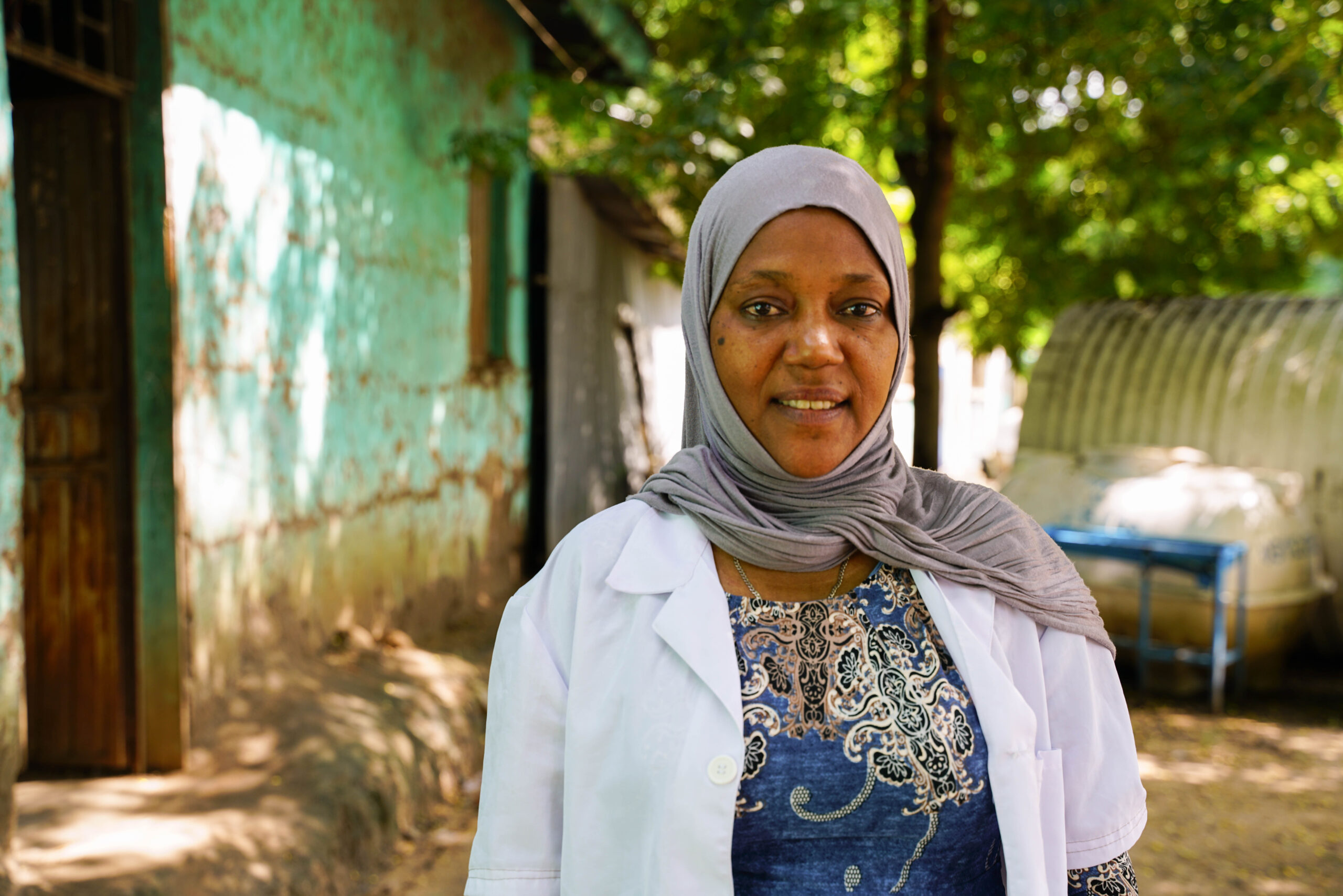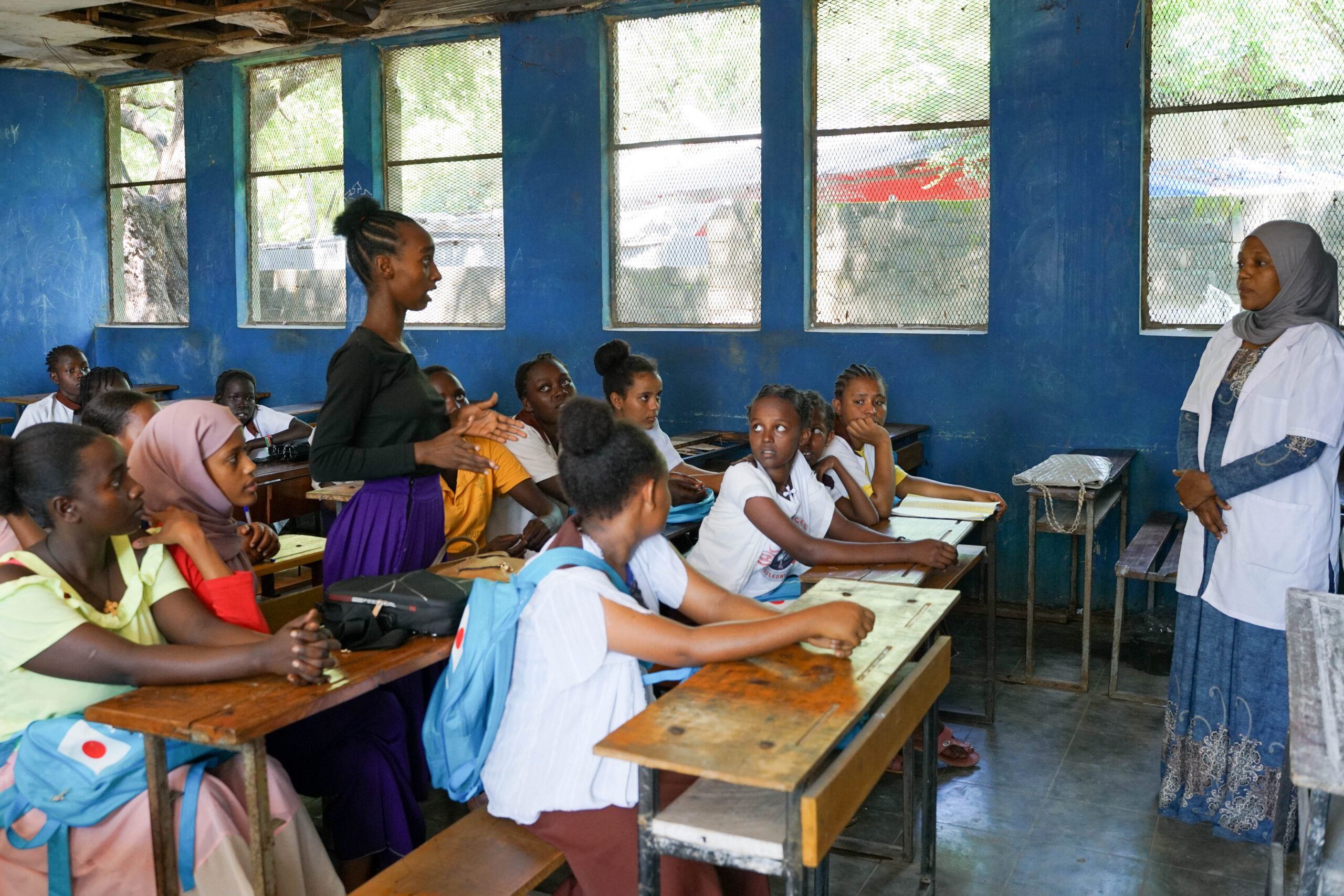Empowering Girls Against Violence, One Session at a Time

“In the Gambella Region, the practice of marrying off girls at an early age for dowry is commonplace, contributing to the high prevalence of child marriage,” says Adanech Abdella, an eighth-grade Amharic teacher at Wibur Primary School in Gambella Region, where 3,000 students are enrolled.
Since 2018, Adanech has been receiving several trainings as a focal person for the school’s Sexual Reproductive School Club supported through the “Accelerating Action to Ensure the Wellbeing of Adolescent Girls” project.
This initiative, supported by the United Nations Population Fund (UNFPA), and implemented by Norwegian Church Aid (NCA) Ethiopia through the Ethiopian Evangelical Church Mekane Yesus Development and Social Service Commission (EECMY DASSC) aims to mitigate gender inequalities and child marriage, and optimize opportunities for adolescent girls.
“Before the training, I had some level of awareness about the consequences of child/early marriage on girls, but I lacked the capacity and motivation to effectively convey information to students on the issue”, she notes. Since the training, Adanech says she has a newfound motivation and is determined to reach out and educate girls in her school community. She highlights that over 150 female students are participating in the current round of training, meeting two days a week.
Adanech acknowledges that the path to reversing the practice requires coordination but is achievable. “Because early/child marriage is closely tied to local social norms, reversing it requires consistent effort. We have initiated steps to prevent occurrences of child marriages that negatively impact schoolgirls. I hope that our efforts will extend to the broader grassroots community on a larger scale and in a more organized manner.”

Since the project’s start in 2020, some 12,435 (3,849 Male and 8,586 Female) parents, teachers, and community members have been empowered to develop attitudes that favor the rights of girls to education and in delaying marriage.
“In the recent past, the incidence of female students becoming pregnant in the 5th and 6th grades and subsequently dropping out due to early marriage was high. However, we are now witnessing an improvement,” explains Adanech.
Adanech highlights that, beyond the Reproductive Health Club, the school’s Gender Clubs and HIV awareness clubs are providing additional training to the school community on the issue. She also mentions that, through the project, underprivileged schoolgirls and those in the Reproductive Health Club have accessed dignity kits and menstrual hygiene management products, such as sanitary pads.